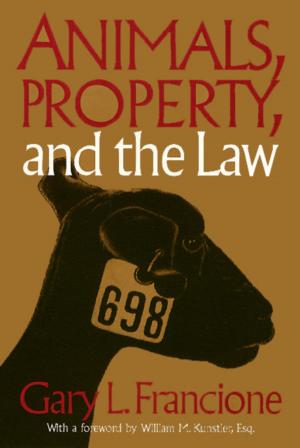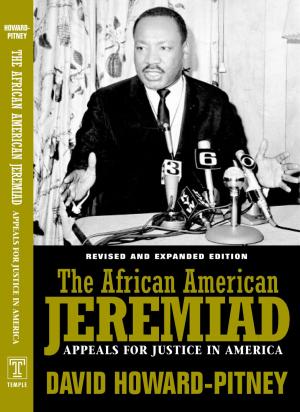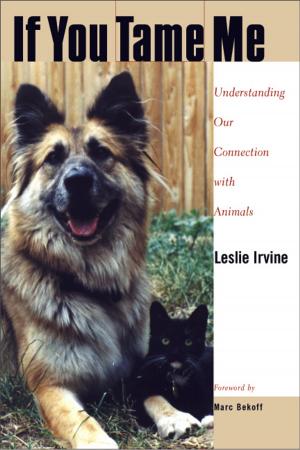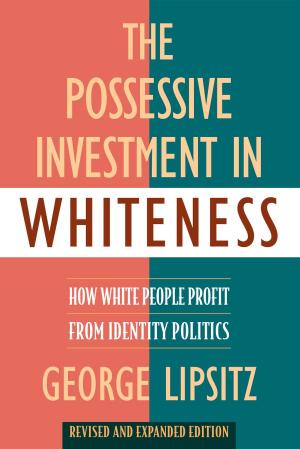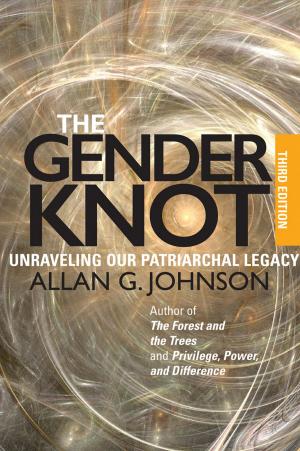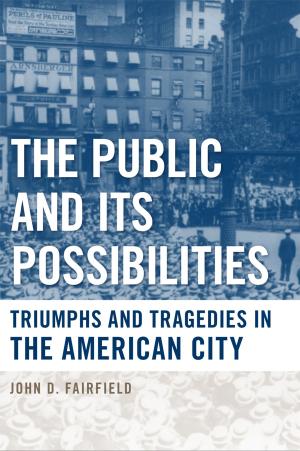The Disenfranchisement of Ex-Felons
Nonfiction, Reference & Language, Law, Civil Rights, Social & Cultural Studies, Political Science| Author: | Elizabeth Hull | ISBN: | 9781439904411 |
| Publisher: | Temple University Press | Publication: | September 2, 2009 |
| Imprint: | Temple University Press | Language: | English |
| Author: | Elizabeth Hull |
| ISBN: | 9781439904411 |
| Publisher: | Temple University Press |
| Publication: | September 2, 2009 |
| Imprint: | Temple University Press |
| Language: | English |
In the 2004 presidential election, 4,686,539 Americans—a population greater than the city of Los Angeles—were barred from the polls. In a country that has extended suffrage to virtually every other class of citizen, ex-felons are the sole segment of our population deemed unworthy to exercise what the Supreme Court has called "the right preservative of all other rights," the right to vote.
The Disenfranchisement of Ex-Felons provides a comprehensive overview of the history, nature, and far-reaching sociological and political consequences of denying ex-felons the right to vote. Readers learn state practices in Florida and Ohio during the 2000 and 2004 presidential elections; arguments that have been used in court houses, legislatures, and the press to justify such practices; and attempts to reverse legislation through state and federal governments. In a timely appendix to the 2004 election, Elizabeth Hull makes her case that the battle for civil rights will not be won unless ex-felons, who have fulfilled their obligations to society, are restored the same rights afforded all other American citizens.
In the 2004 presidential election, 4,686,539 Americans—a population greater than the city of Los Angeles—were barred from the polls. In a country that has extended suffrage to virtually every other class of citizen, ex-felons are the sole segment of our population deemed unworthy to exercise what the Supreme Court has called "the right preservative of all other rights," the right to vote.
The Disenfranchisement of Ex-Felons provides a comprehensive overview of the history, nature, and far-reaching sociological and political consequences of denying ex-felons the right to vote. Readers learn state practices in Florida and Ohio during the 2000 and 2004 presidential elections; arguments that have been used in court houses, legislatures, and the press to justify such practices; and attempts to reverse legislation through state and federal governments. In a timely appendix to the 2004 election, Elizabeth Hull makes her case that the battle for civil rights will not be won unless ex-felons, who have fulfilled their obligations to society, are restored the same rights afforded all other American citizens.


